A moment for reflection: Patterns
This tip was also published in English in the Finnish language version of the site.
180 Studio + Eckenhoff Saunders. (2020). Seed + Spark. Using Nature as a Model to Reimagine How we Learn and Live. A Collaborative Design Project. 180 Press.
”The information that comes from deep in the evolutionary past, we call genetics. The information revealed thousands of years ago, we call religion. The information passed along from hundreds of years ago, we call culture. The information passed along from decades ago, we call family, and the information offered years, months, days, or hours ago, we call education and advice.” (David Brooks, quoted on p. 224, Seed + Spark.)
We work in the field of education and advice, guidance. Education is about people, about interaction. In that sense, education is a living system that we all participate in and contribute to, all the time. Any living system is a network of patterns; patterns of relationships, patterns of human behaviour, patterns of structuring information. If indeed any living system is a network of patterns, to understand it, we need to learn to see the patterns. So what exactly are the patterns we are looking for?
”Our brains are naturally pattern seeking and sense making. The ability to recognize and formulate patterns is essential to deep understanding because patterns are essential to meaning construction.” (Stephanie Pace Marshall, quoted on p. 220, Seed + Spark)
My questions to myself today: What patterns should I learn to see in my habits, in my ways of thinking about my profession and my professional identity, in my teaching praxis, the ways in which I work and think about my work? Are these patterns something to hold on to and nurture, or something to let go? What new patterns are emerging – what new networks of patterns are emergent (that is, becoming, being formed)? How could I participate in and contribute to these emergent patterns within my community of work?
”There is always enough time for the right work.” (adrienne maree brown, 2017, Emergent Strategy, p. 41.)
Susanna K.

